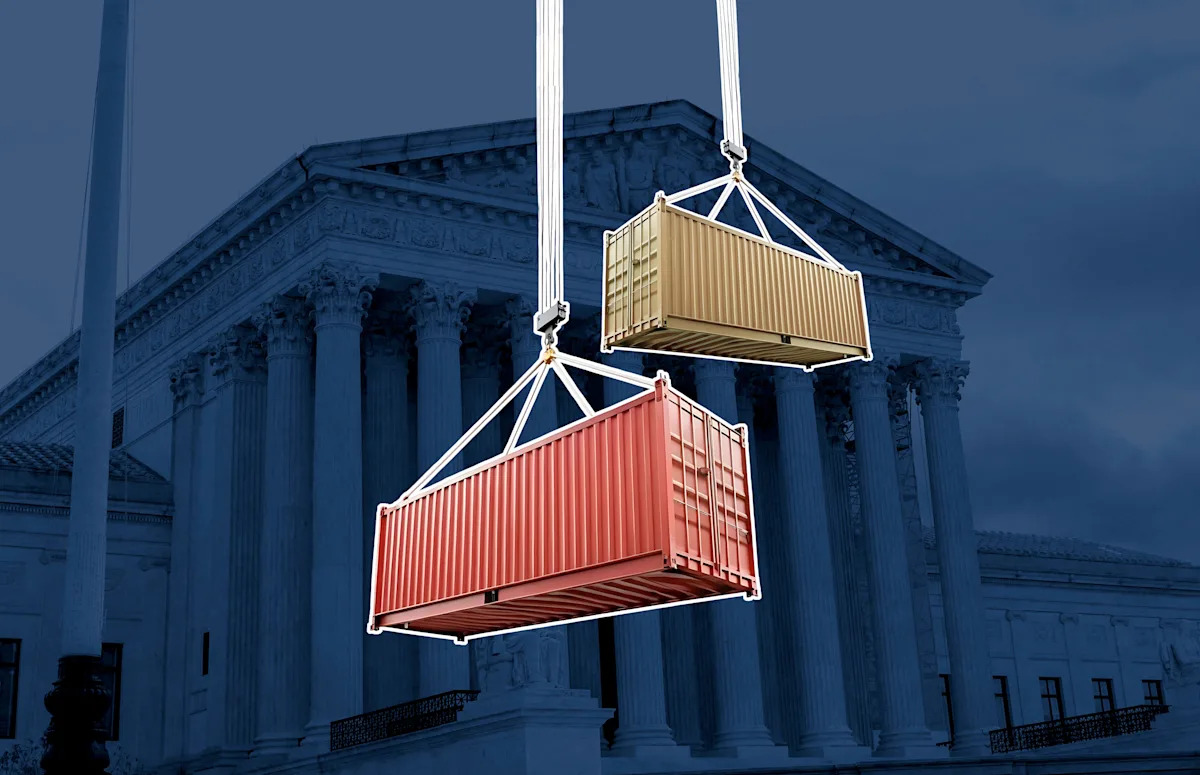Supreme Court to Decide Fate of Trump’s Controversial Tariffs
- Small Town Truth

- Nov 3, 2025
- 2 min read

On November 5, the Supreme Court will consider an important case involving the tariffs imposed by former President Donald Trump. These tariffs are not only a crucial part of Trump's economic policy but also a significant tool in international relations, aimed at generating revenue and pushing American manufacturing interests. This legal examination raises pertinent questions about the future impacts on the economy, federal budgets, and everyday consumers. The Economic Stakes of Tariffs Recent rulings from the Supreme Court indicate that actions taken by the executive branch that significantly affect the economy require explicit approval from Congress. A lower court's decision pointed out that Trump's authority to implement these extensive tariffs may be lacking, especially considering their potential economic repercussions compared to policies, such as student loan relief, that the court previously blocked. Consumer and Business Effects While Trump contends that foreign companies will absorb the cost of tariffs to maintain access to the U.S. market, assessments from analysts at firms like Goldman Sachs and S&P Global suggest the opposite. U.S. consumers and businesses are likely bearing the brunt of these additional costs. The Tax Foundation, an established think tank, anticipates that these tariffs could translate into an average tax increase of approximately $1,300 per household by 2025. Furthermore, the tariffs could be comparable to raising the corporate income tax rate from 21% to 36%, as indicated by the Penn Wharton Budget Model. Consequences for the Federal Budget Republican leaders are banking on the revenue generated from these tariffs to help mitigate the costs associated with Trump's expansive tax cuts and other policy shifts. However, should the Supreme Court determine that many of these tariffs are illegal, lawmakers will have to seek alternative means to balance the budget without incurring higher deficits. According to the nonpartisan Committee for a Responsible Federal Budget, the income from tariffs is considerable, exceeding the revenue expected from a 1% payroll tax increase or a 17% reduction in military personnel. Public Sentiment on Tariffs Despite Trump's assertions that tariffs will revitalize U.S. manufacturing and job markets, public opinion reflects substantial disapproval of these measures. An August survey from the Pew Research Center found that 60% of Americans are against these tariff policies. Additionally, a majority believe that the long-term consequences will be unfavorable for both the nation (55%) and their families (55%). Opinions on this issue also exhibit a notable ideological divide, with many Republicans embracing tariffs while Democrats largely oppose them. SOURCE USA TODAY Network reporting and research; Congressional Budget Office; Tax Foundation, Penn Wharton Budget Model; Committee for a Responsible Federal Budget; Pew Research Center This article originally appeared on USA TODAY: <a href="https://www
.png)